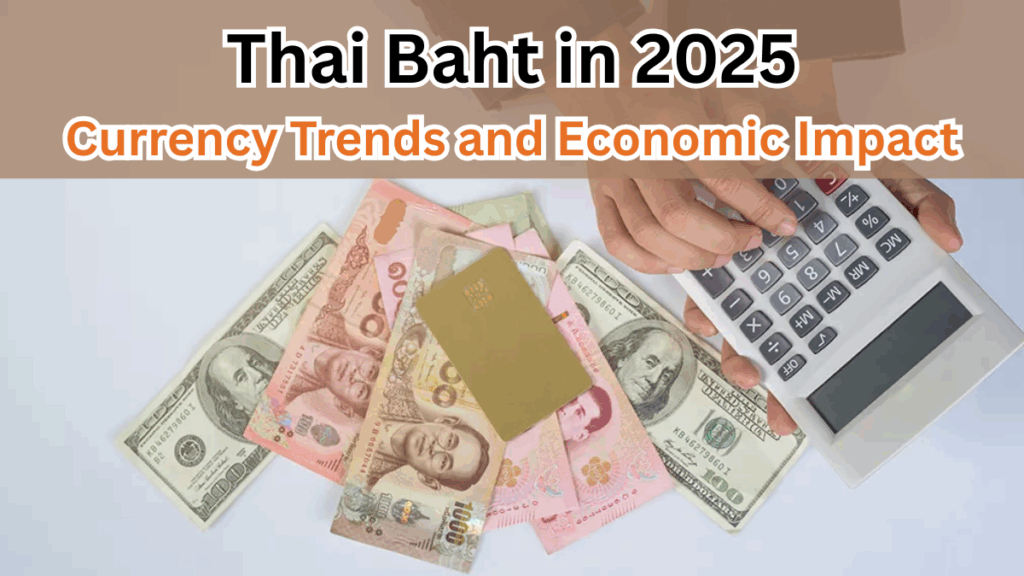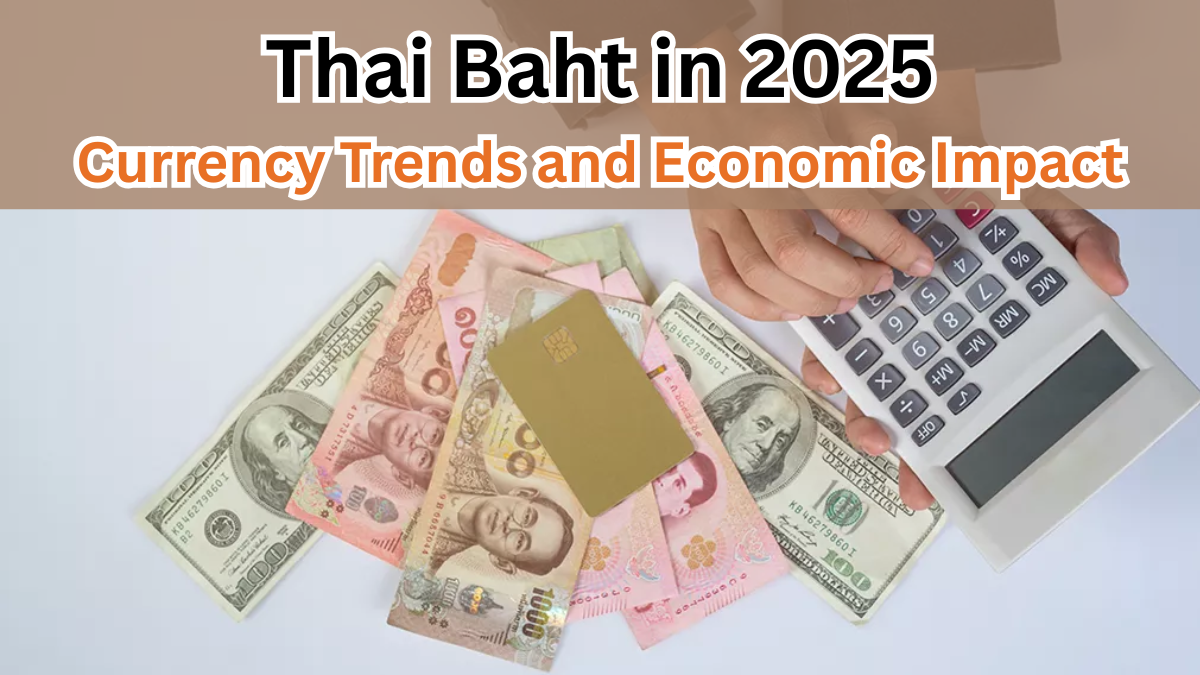The Thai Baht 2025 is poised to reflect both domestic economic shifts and global market dynamics. With Thailand’s economy continuing to evolve, currency analysts are closely monitoring trends that could influence trade, investment, and travel. Understanding these movements is crucial for investors, businesses, and travelers alike.

Overview of the Thai Baht in 2025
Thailand’s financial landscape is showing resilience despite global economic uncertainties. The Thai Baht 2025 is influenced by multiple factors, including government policy, export performance, and foreign investment.
Key highlights:
-
Thailand remains a major hub for tourism and manufacturing, which strengthens the currency.
-
Export and import dynamics significantly influence Forex Thailand rates.
-
The central bank’s policies on interest rates directly impact the Baht’s stability.
Factors Influencing Currency Trends
Currency trends are never isolated. For the Thai Baht 2025, several economic and geopolitical factors come into play:
-
Export Performance: Electronics, automobiles, and agriculture exports drive demand for the Baht.
-
Tourism Sector: International tourism inflows bolster foreign currency reserves, stabilizing the Baht.
-
Foreign Investment: Inflows from multinational companies support the local economy and currency valuation.
-
Global Market Fluctuations: USD strength, oil prices, and regional trade agreements affect Forex Thailand rates.
Thailand Economy Outlook
Thailand’s economic growth directly impacts its currency value. Here’s a snapshot of the Thailand Economy in 2025:
| Indicator | 2025 Projection | Impact on Baht |
|---|---|---|
| GDP Growth Rate | 3.2% | Moderate appreciation |
| Inflation Rate | 2.5% | Stable purchasing power |
| Tourism Revenue | $70B | Strong demand for Baht |
| Foreign Direct Investment | $15B | Currency strengthening |
| Trade Balance | $8B surplus | Positive for Baht |
Key Currency Trends to Watch
Investors and businesses monitoring Thai Baht 2025 should focus on these emerging trends:
-
Gradual strengthening against the US Dollar as exports rise.
-
Increased volatility during global market shocks, especially in energy and commodity prices.
-
Growing adoption of digital payment systems may influence liquidity and Forex Thailand rates.
-
Regional trade agreements within ASEAN could further stabilize the Baht.
Implications for Businesses and Travelers
Businesses
-
Exporters benefit from a stronger Baht, while importers may face higher costs. Financial planning is key.
Travelers
-
Currency fluctuations affect travel budgets. Monitoring real-time Forex Thailand rates helps in better planning.
FAQs
1. What factors determine the Thai Baht’s strength in 2025?
The Baht’s value depends on export performance, tourism revenue, foreign investment, inflation, and global market conditions.
2. How can investors monitor Thai Baht trends?
Investors can track Forex Thailand rates through financial news platforms, central bank reports, and real-time currency trading apps.
3. Will the Thai Baht strengthen in 2025?
Current projections suggest moderate appreciation, supported by a stable economy, increasing tourism, and export growth.
4. How do currency trends affect travelers to Thailand?
Fluctuations in the Baht impact travel costs for accommodation, food, and shopping. Travelers should monitor currency exchange trends for cost-effective planning.
Click here to learn more
